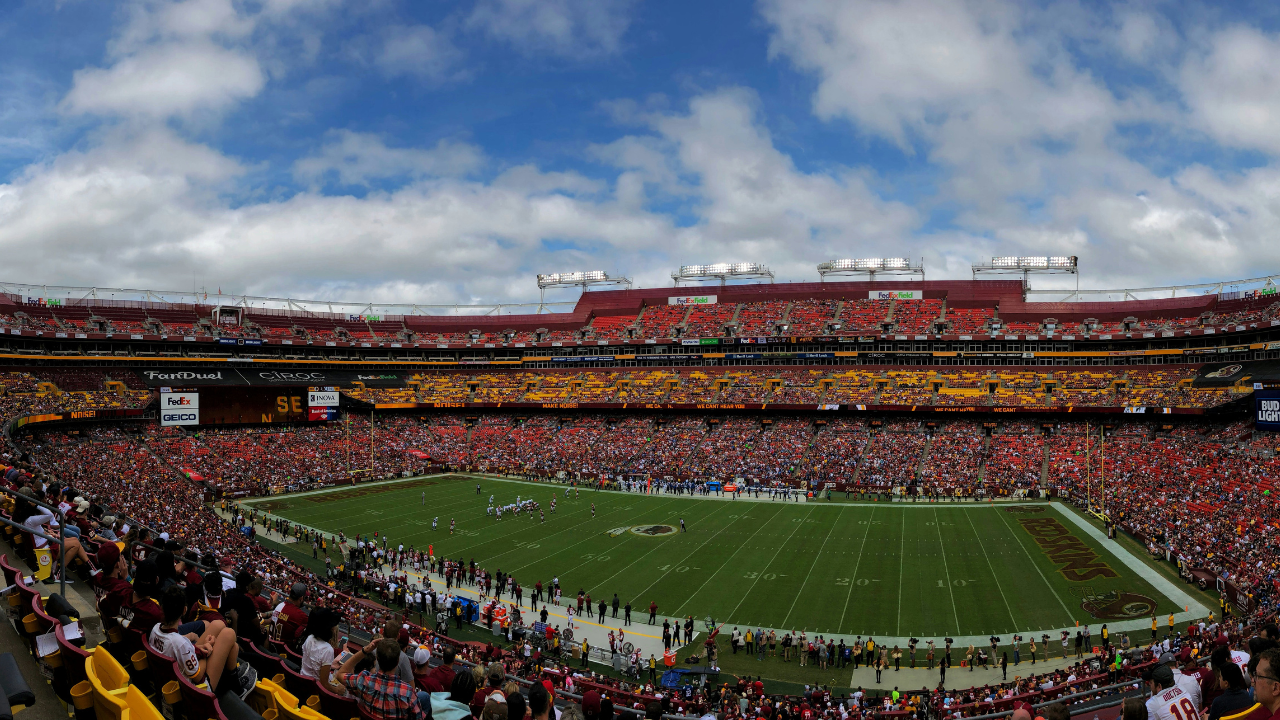Introduction to EDHREC and Commander Format
The excitement of the Commander format in Magic: The Gathering lies not just in the cards themselves but in the community that surrounds it. At the heart of this vibrant ecosystem is EDHREC, a powerful tool that has transformed how players approach deck building and gameplay. Whether you’re new to Commander or an experienced veteran, understanding EDHREC can elevate your game. This platform compiles vast amounts of data from countless decks, providing invaluable insights into what makes a successful strategy and helping you stay ahead of the curve.
But how does it all work? What impact has it had on our beloved metagame? And are there any drawbacks to relying too heavily on this wealth of information? Let’s dive deep into how EDHREC shapes our experiences as Commanders and what its future holds for us all.
How EDHREC Gathers Data and Provides Insights
EDHREC employs a unique approach to gather data, leveraging user-generated content from various platforms. It aggregates deck lists submitted by players across multiple sites like tappedout.net and mtgtop8.com.
This data collection process is automated, allowing for real-time updates. The website analyzes thousands of decks to uncover trends in card usage and archetypes.
Additionally, EDHREC categorizes its findings based on color identity, themes, and commanders. This allows users to filter results according to their preferences.
By presenting this information visually through graphs and statistics, it makes complex data accessible for everyone in the community. Players can quickly identify popular cards or emerging strategies that shape their gameplay experience.
Such insights empower players not only to refine their decks but also engage in discussions about metagame shifts within the Commander format.
Impact of EDHREC on the Commander Metagame
EDHREC has transformed how players approach the Commander format. By aggregating deck data from diverse sources, it offers insights into card popularity and synergy that shape deck-building trends.
As a result, new strategies emerge while older ones evolve. Players are not just crafting unique decks anymore; they’re responding to an evolving metagame influenced by collective knowledge.
This democratization of information fosters innovation. When one player discovers a hidden gem or a game-changing combo, it spreads like wildfire through the community.
Moreover, EDHREC’s analysis can elevate underappreciated cards, giving them a second life in competitive play. This shift encourages diversity among decks at local tables and events alike.
Players often check EDHREC for inspiration before building their next masterpiece, proving its influence extends well beyond mere statistics and numbers. It’s about connection—players learning from each other’s experiences within this vibrant format.
Criticism of EDHREC and Potential Bias
EDHREC is a powerful tool, but it’s not without its critics. Some players argue that the site’s data can create an echo chamber. When everyone looks to EDHREC for deck-building inspiration, unique strategies may be overlooked.
Another concern is the representation of certain cards and archetypes. Popular commanders often dominate the data. This might skew perceptions about what makes a competitive deck viable.
Additionally, there are claims that player preferences influence results more than actual gameplay performance. A card’s popularity doesn’t always correlate with effectiveness in matches.
The potential for bias raises questions about diversity in deck building. Many feel it encourages cookie-cutter lists rather than innovative creations that truly reflect personal styles and local meta variations. Such criticisms spark discussions on how to balance data-driven insights with creativity in Commander play.
The Future of EDHREC and the Commander Community
The future of EDHREC looks promising, with advancements in technology paving the way for richer data analysis. As more players engage with the platform, it will continue to refine its insights into deck-building trends.
Emerging features could include real-time meta reports and customizable filters that cater to diverse playstyles. This would enhance user experience and help players make informed decisions based on current trends.
Moreover, collaboration with community content creators may foster deeper connections between EDHREC and its users. Streamers and YouTubers can leverage this data to create engaging content that resonates with audiences.
As new sets release, the platform’s adaptability will be crucial for keeping pace with shifting strategies. The ability to quickly analyze how fresh cards impact established decks is essential for maintaining relevance in a dynamic environment. These innovations can enrich both gameplay experiences and community interactions within Commander circles.
Conclusion:
As we navigate the intricacies of the Commander format, it’s clear that EDHREC plays a pivotal role. Its ability to aggregate data from countless decklists gives players insights into trends and strategies. This information can be invaluable for building competitive decks or simply enhancing your gameplay experience.
However, it’s essential to remember that while data offers guidance, diversity is crucial in any metagame. Players should feel empowered to explore unconventional choices rather than solely following trends dictated by data analytics. The beauty of Commander lies in its creativity and personal expression.
With an expanding community and evolving gameplay styles, embracing a variety of approaches will only enrich the overall experience. Data-driven tools like EDHREC provide us with valuable insights but shouldn’t limit our imaginations or dictate how we play this beloved format.
The future looks bright for both EDHREC and the diverse tapestry of players who make up the Commander community. Whether you rely on statistics or prefer your unique flavor, let’s celebrate what makes this game so special: its capacity for growth and individuality within a shared love for Magic: The Gathering.











